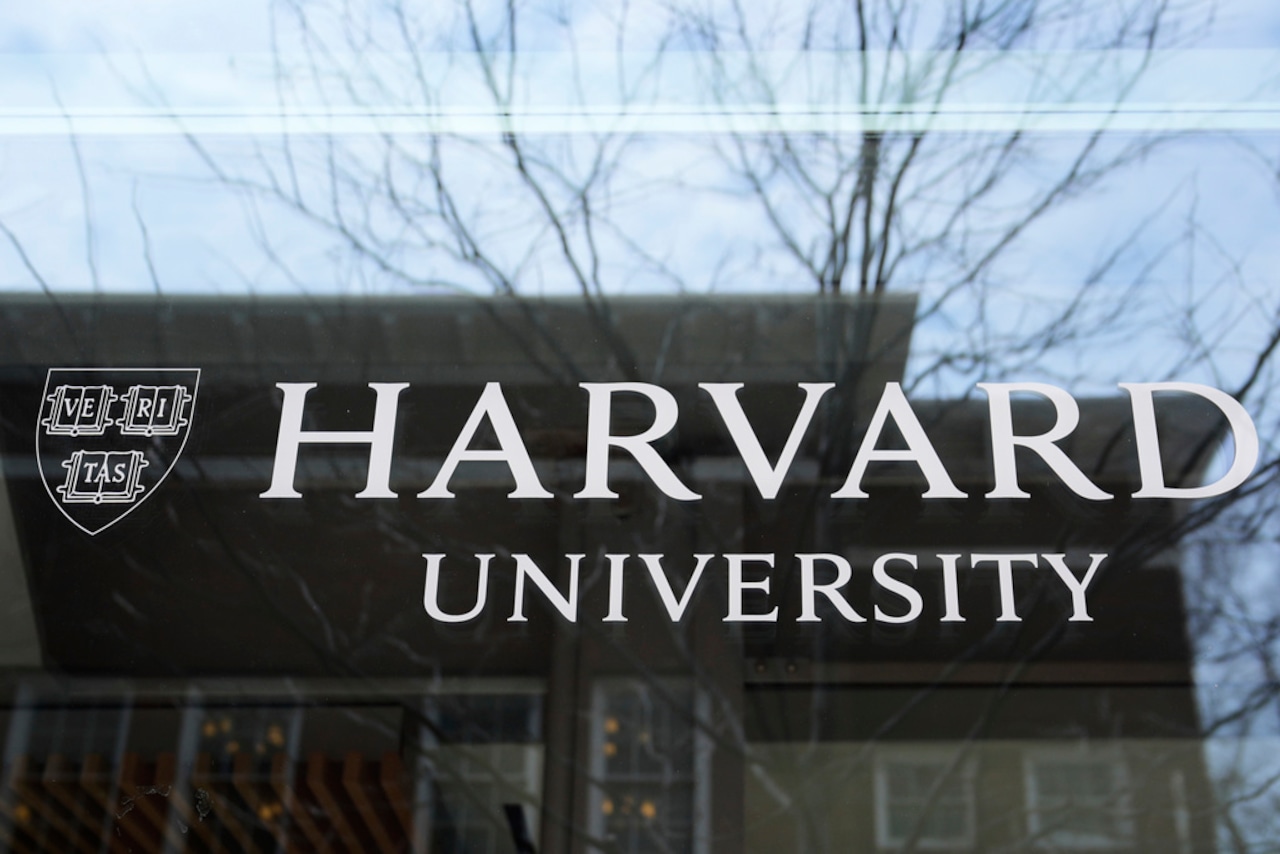
Harvard University was hit with a discrimination lawsuit Thursday, claiming it denies students with mental health disabilities equal access to the campus and housing.
The lawsuit was filed in U.S. District Court in Boston on behalf of Students 4 Mental Health Justicea student-led group of about 30 members, most of whom are current Harvard students with mental health disabilities, according to the lawsuit.
In the 32-page complaint, the group claims that the university prevents students who seek mental health treatment from returning to campus, including residential housing, after mental health-related hospitalizations and visits to hospital emergency departments. And that the policy deprives them of their community and support system during a vulnerable time.
The suit filed by Justice by Disability Rights Advocates (DRA) and Nichols Kaster PLLP, a national law firm specializing in civil rights and other legal issues, seeks injunctive relief “to end these discriminatory practices against its Harvard student members,” according to a press statement from the two litigants representing the students.
A university spokesperson would not respond to MassLive’s questions about the pending litigation, saying, “Harvard works to support all students so that they can successfully complete their degrees.”
The lawsuit details the experiences of five students identified by the letters A, B, C, D and E. Four of whom were hospitalized for mental health treatment and were not allowed back on campus, even to pack their belongings.
They each had to sign agreements with the university detailing requirements that had to be met before they could return to classes, including leaves of absence, holding a job and seeking further mental health care — information from which would be shared with university officials, according to the lawsuit.
Each agreement described was different from student to student, according to the lawsuit.
The student group described the agreements as “coercive and onerous contracts for the duration of their enrollment, compelling them to undergo mental health treatment under surveillance by the university, and under threat of expulsion should they fail to comply,” according to a press statement from DRA and Nichols Kaster PLLP.
The fifth student mentioned in the suit sought mental health treatment outside of the university’s mental health services because she feared her medical privacy would be breached, and she would be forced to take a leave of absence.
“The lawsuit challenges how Harvard responds to disability-related behavior with exclusion, blame and draconian measures, discriminating against students with mental health disabilities,” a statement from DRA and Nichols Kaster PLLP reads.
The lawsuit filed against Harvard on Thursday is not the first. Earlier this month, the Louis D. Brandeis Center for Human Rights Under Law filed a lawsuit in federal court against the university, claiming it has ignored and tolerated antisemitism on campus.
And in January, several Jewish students filed a lawsuit against the institution, accusing it of becoming “a bastion of rampant anti-Jewish hatred and harassment.”
The Trump administration vs. Harvard
Harvard has been in a pitched battle with the Trump administration over claims of antisemitism.
The most recent action from the Trump administration against Harvard took place this week when the U.S. Department of Homeland Security revoked a key certification allowing Harvard to enroll international students.
In response, Harvard filed a complaint and a motion for a restraining order on Friday morning. A federal judge then granted the order.
In addition, the Trump administration instituted a $2.2 billion funding freeze on April 14 after the school refused to comply with the federal administration’s demands.
In response, Harvard filed a lawsuit on April 21, arguing that its constitutional rights had been violated by the government’s threats to pull billions of dollars in funding.
Harvard president Garber also signed onto a letter with hundreds of other presidents pushing back against “government overreach and political interference” by the Trump administration.
Since then, eight federal agencies cut $450 million in grants and then the United States Department of Health and Human Services cut $60 million in grants from the university.
On May 16, a wave of nearly one thousand federal research grant terminations beganamounting to more than $2.4 billion, according to an analysis by Nature.
Reporting by Juliet Schulman-Hall was used in this article.



